27 Free Health science transparent PNG images
Explore our comprehensive Health Science image collection, featuring 27 free AI-generated images that span medical illustrations, scientific visualizations, healthcare settings, and anatomical models. Our diverse collection includes high-quality stock photos, detailed 3D objects, precise vectors, and educational illustrations. Each image is available for high-resolution download, and you can customize any image using our 'open in editor' feature to adjust prompts and regenerate variations that perfectly match your needs.
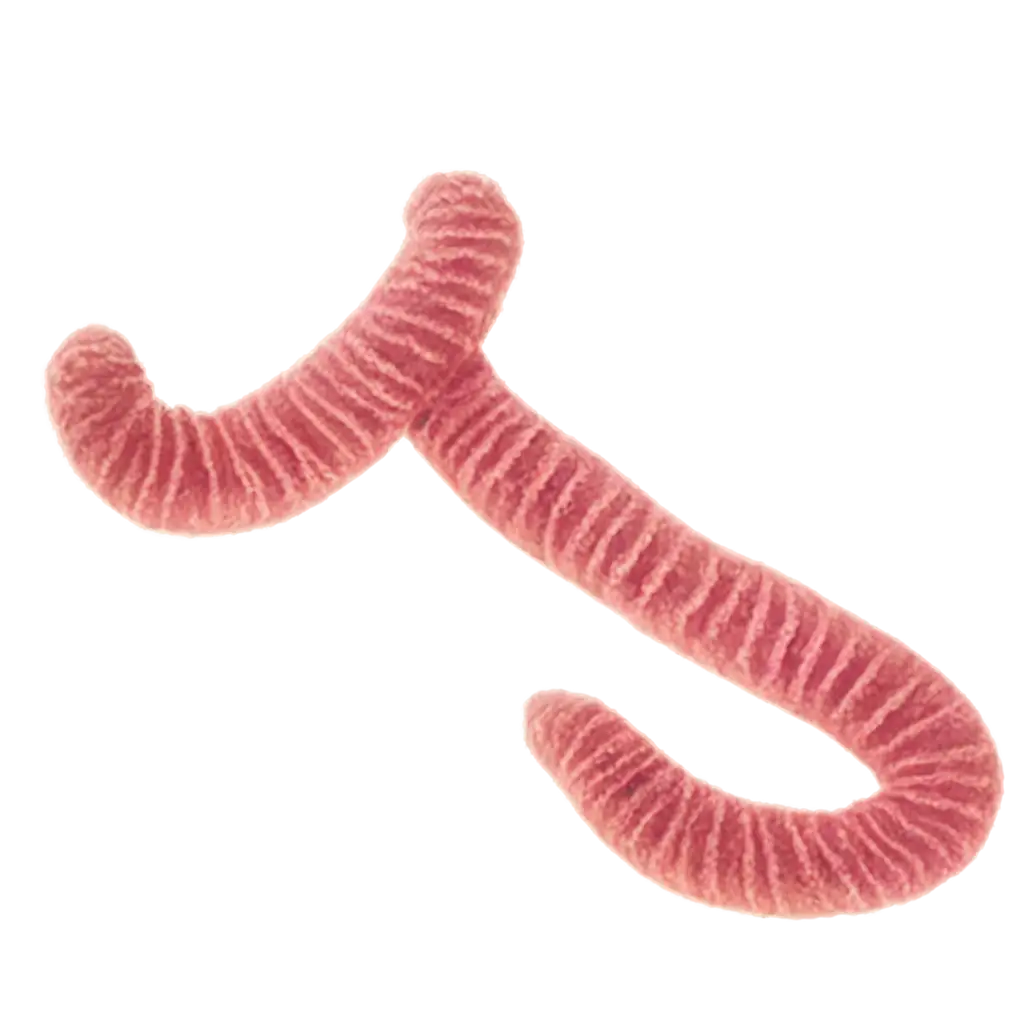
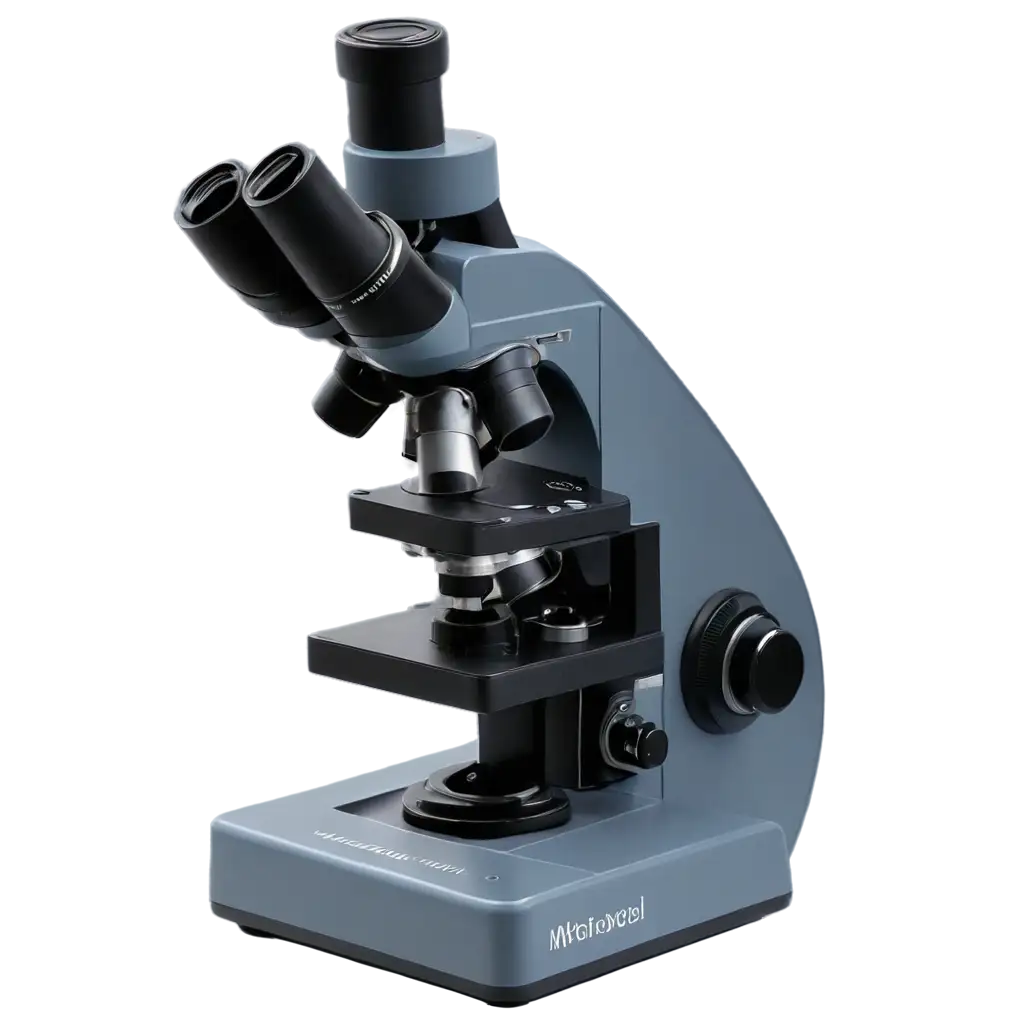
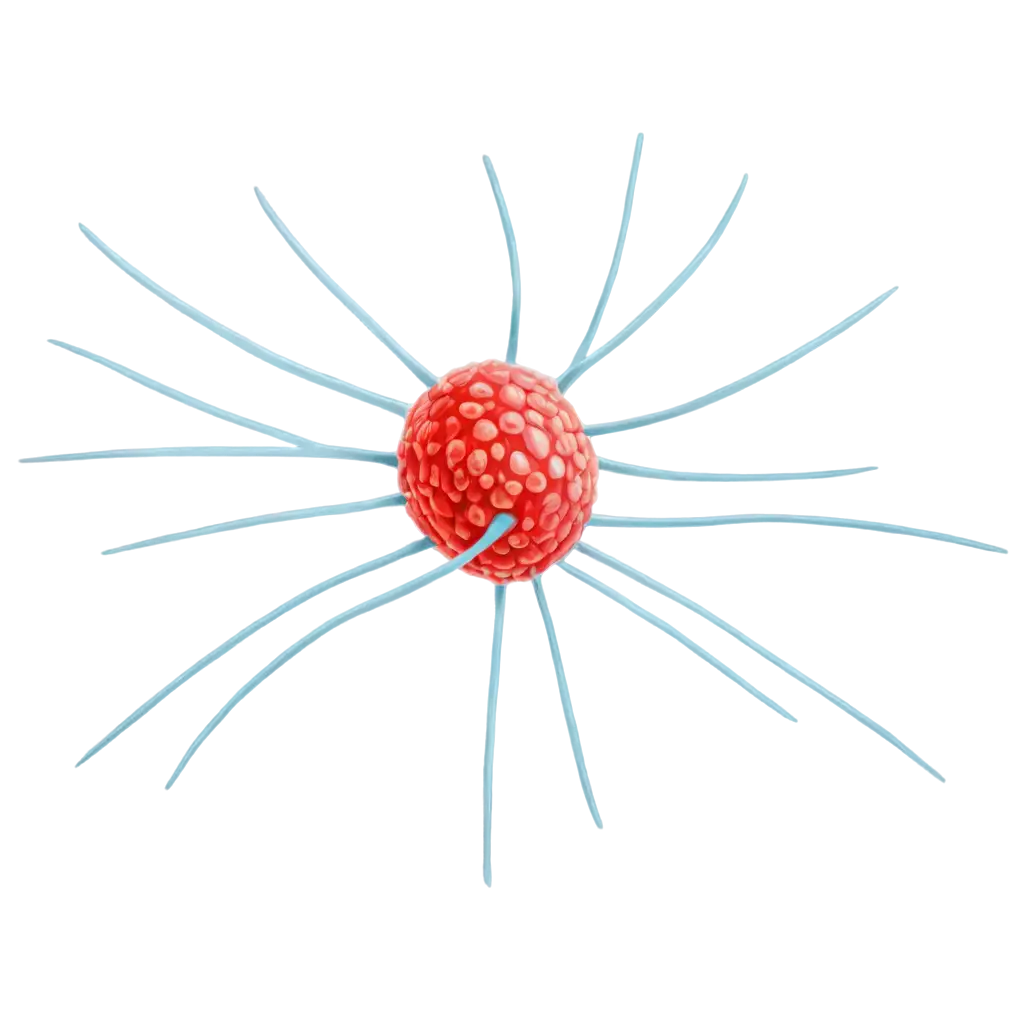
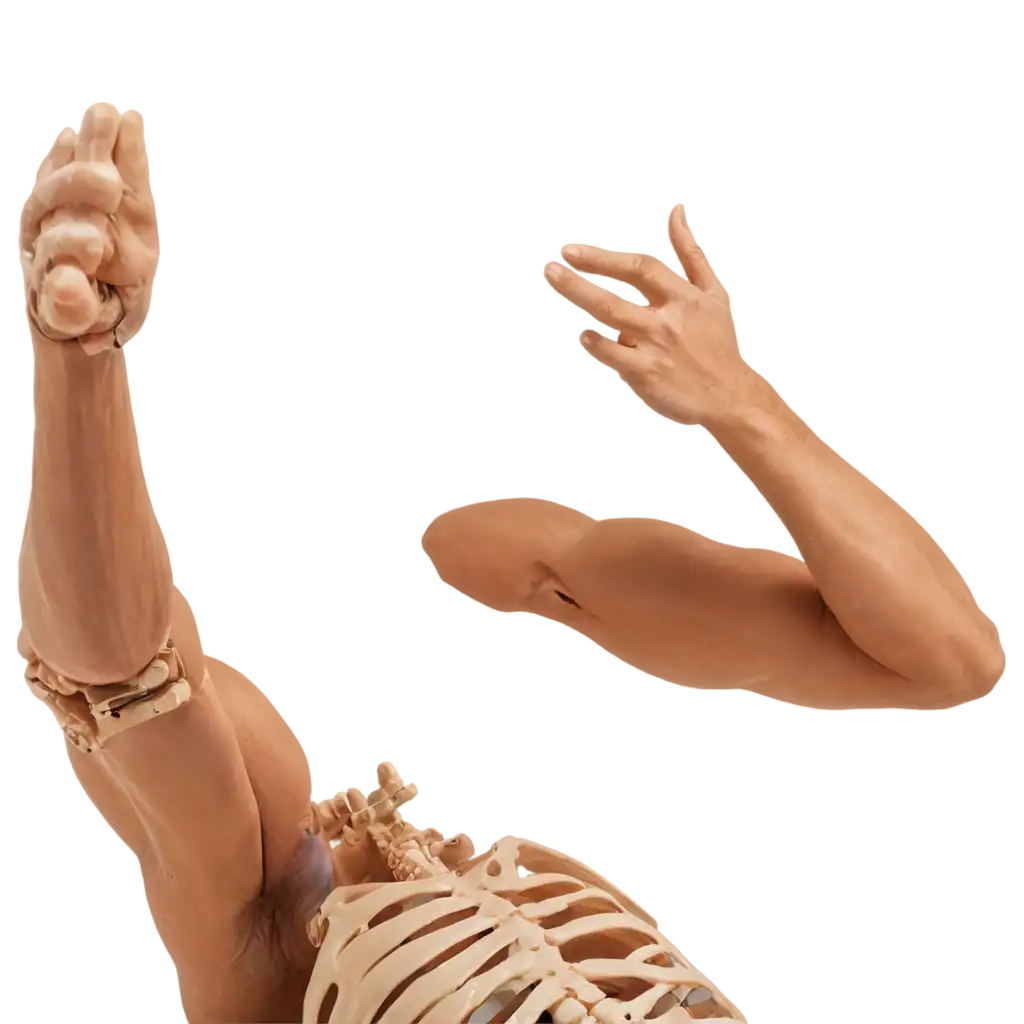
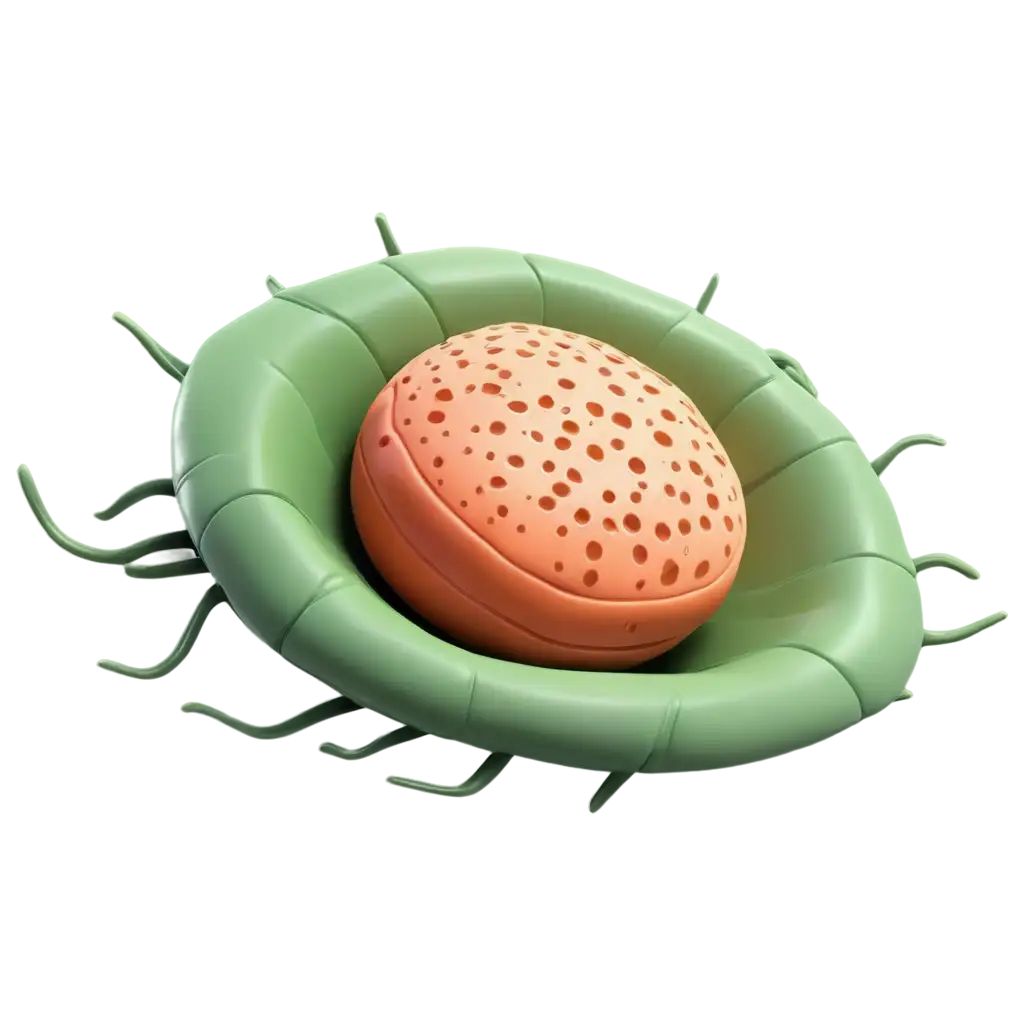
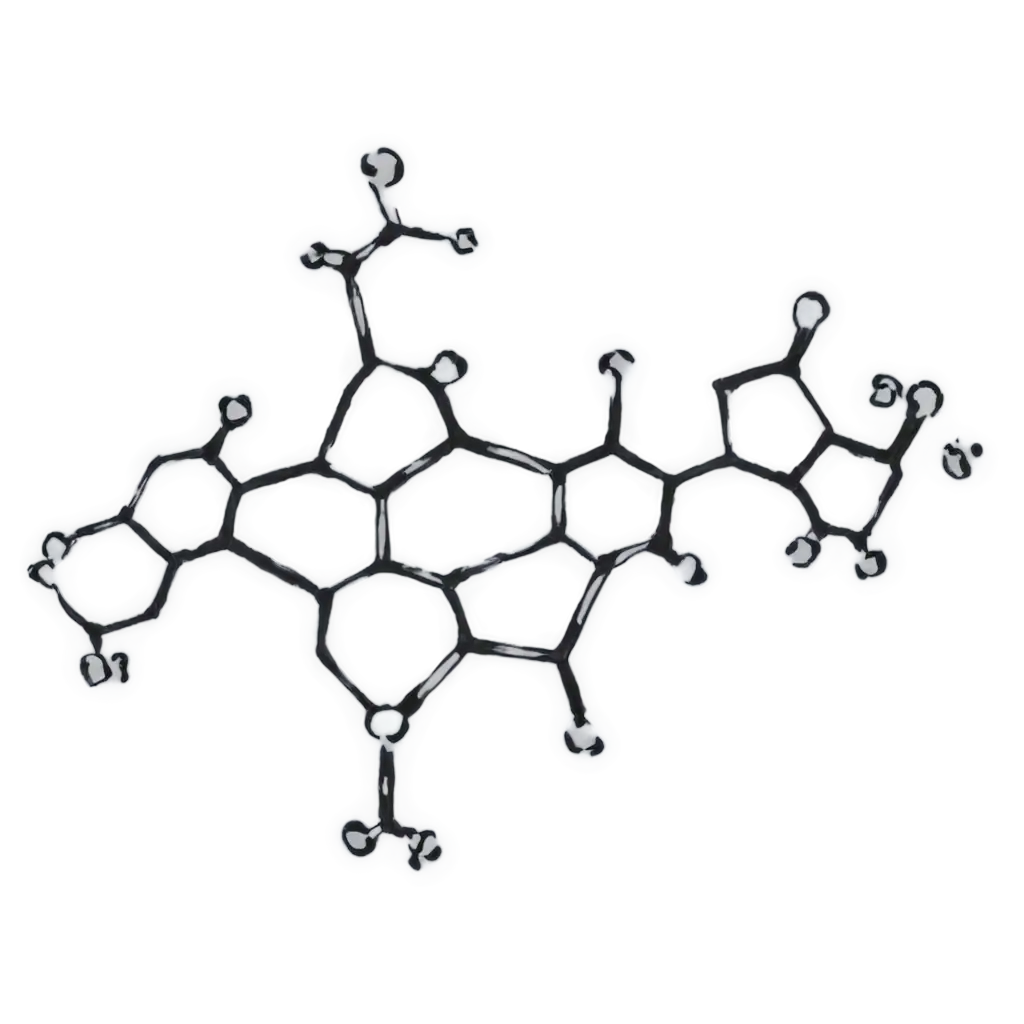
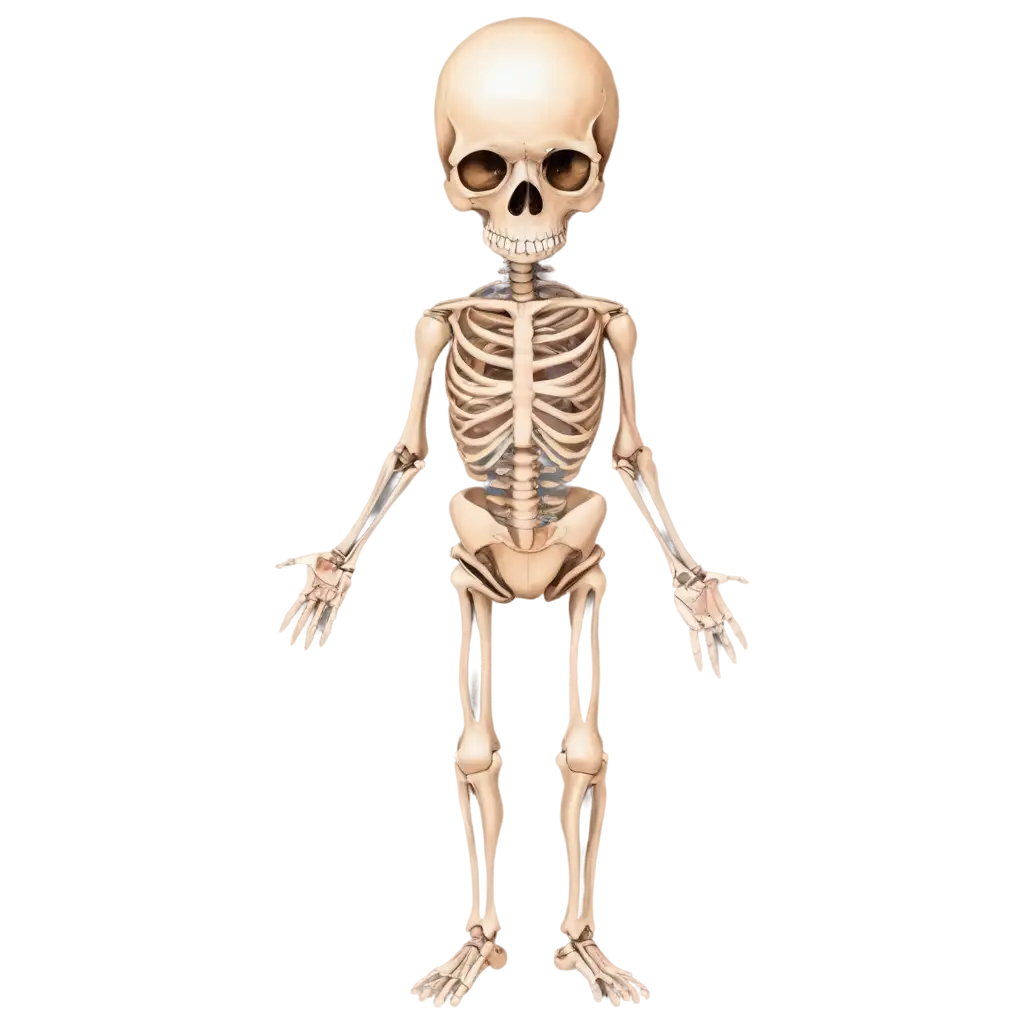
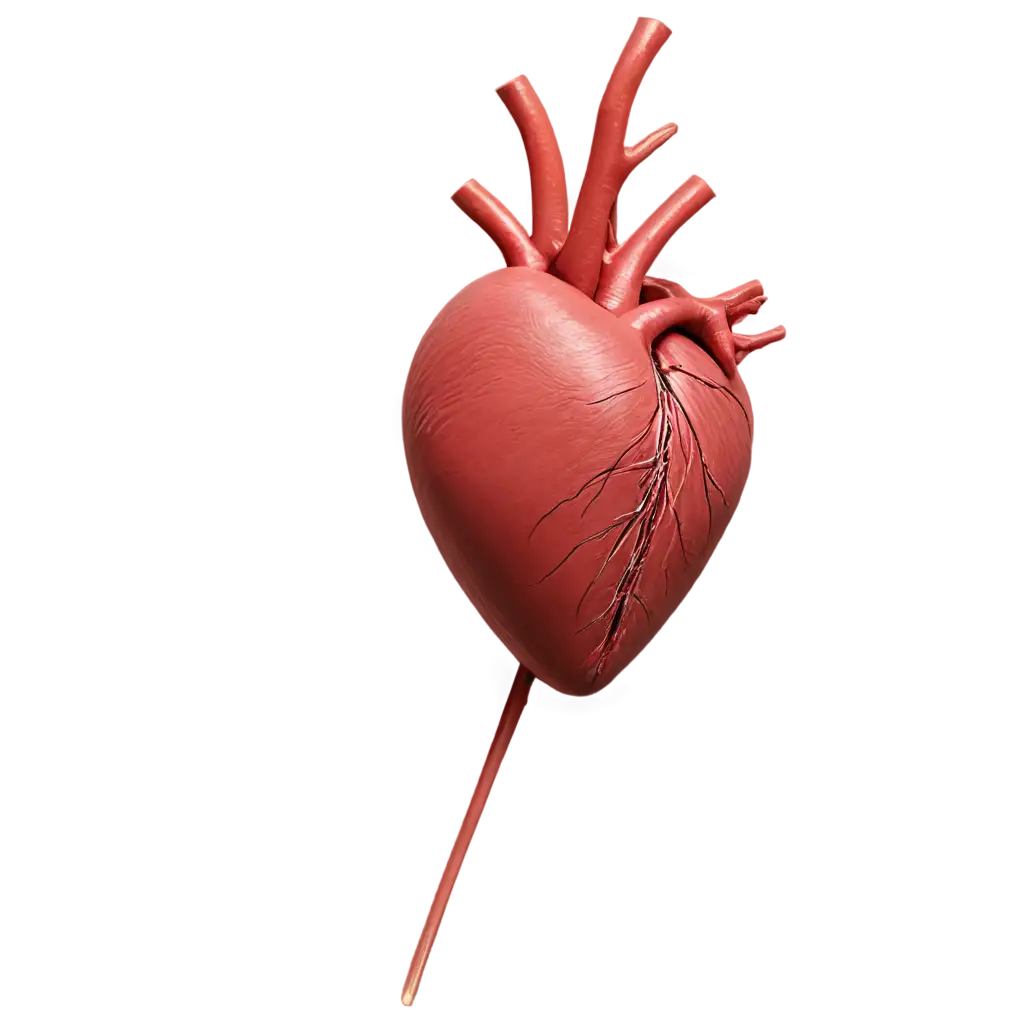

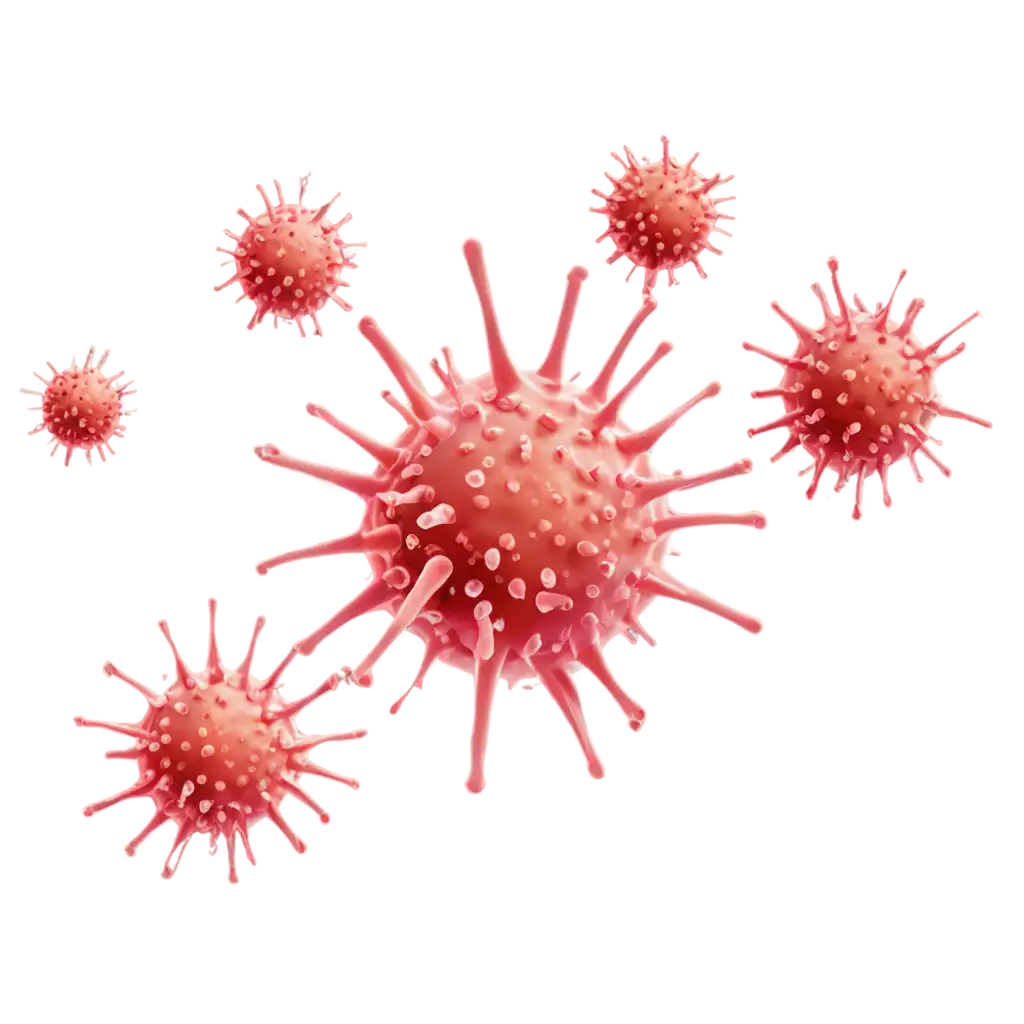
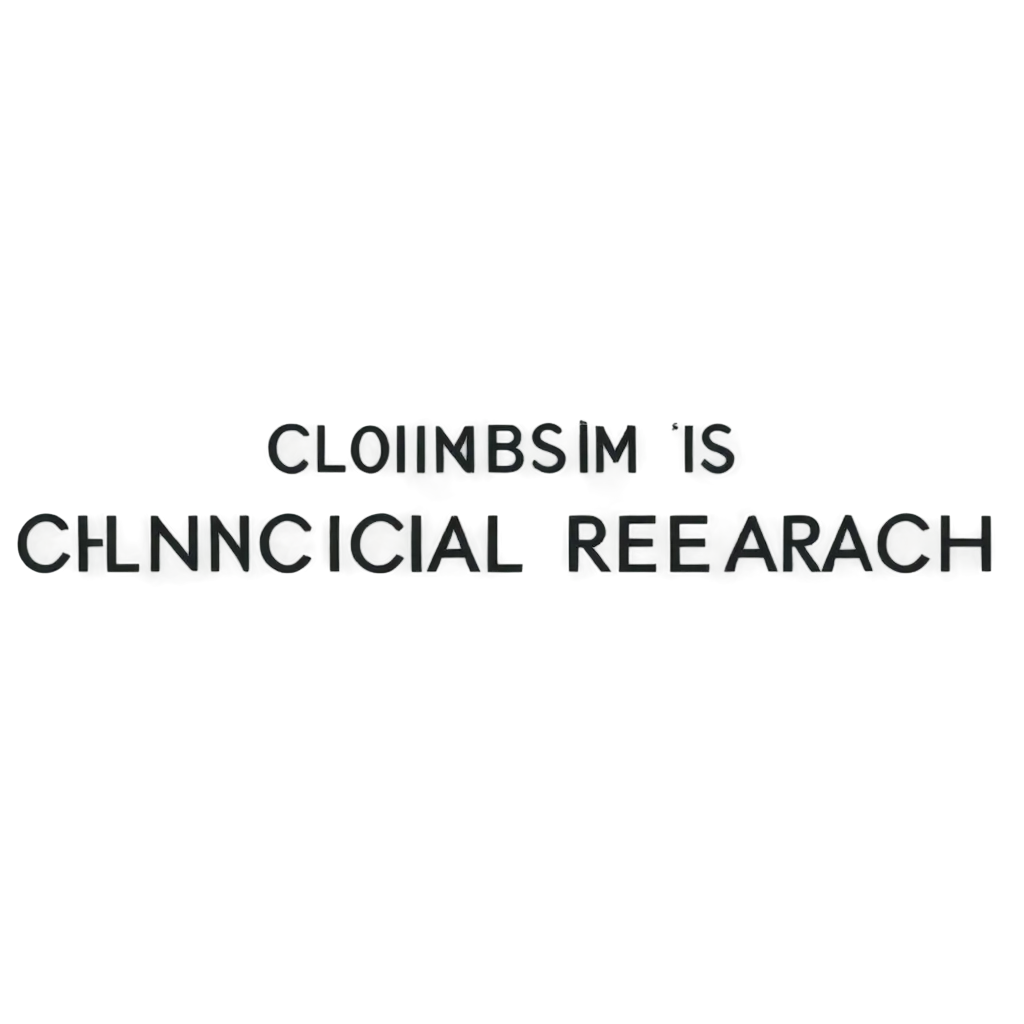
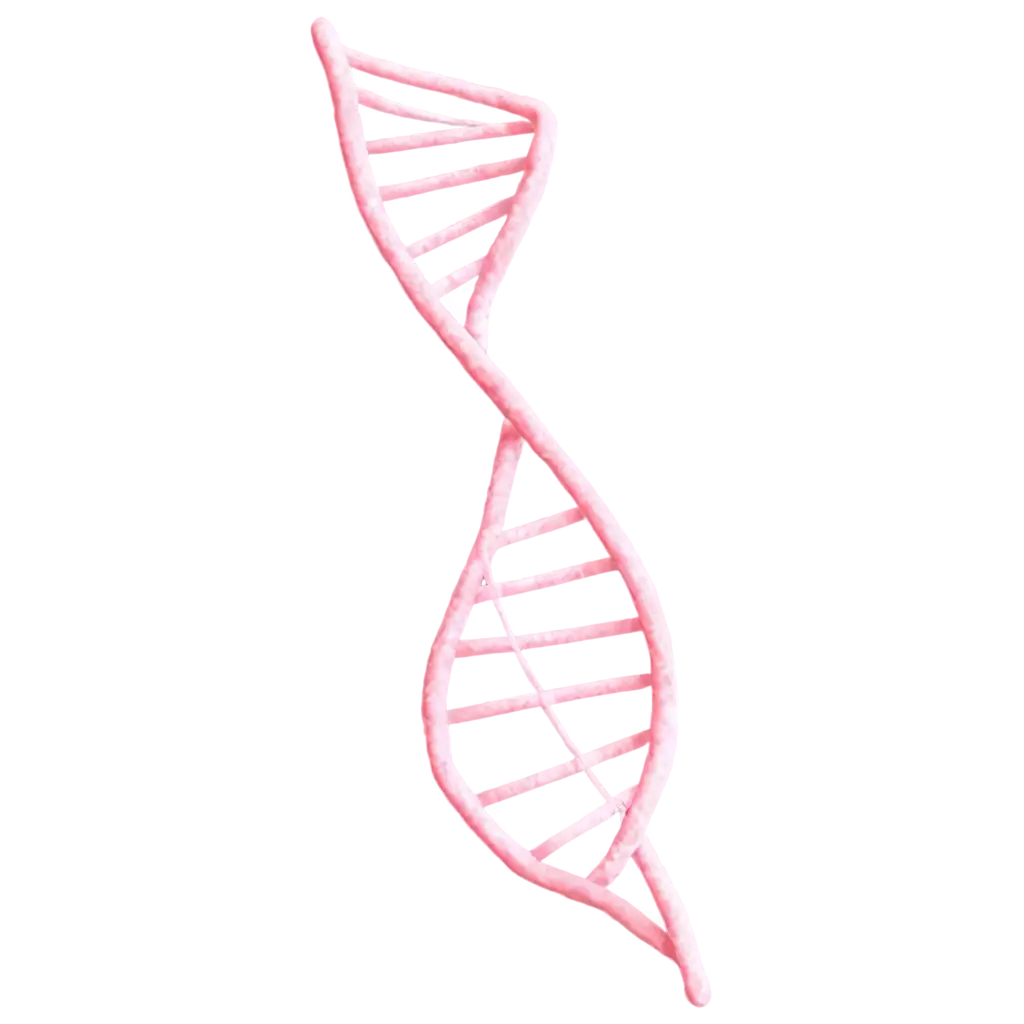
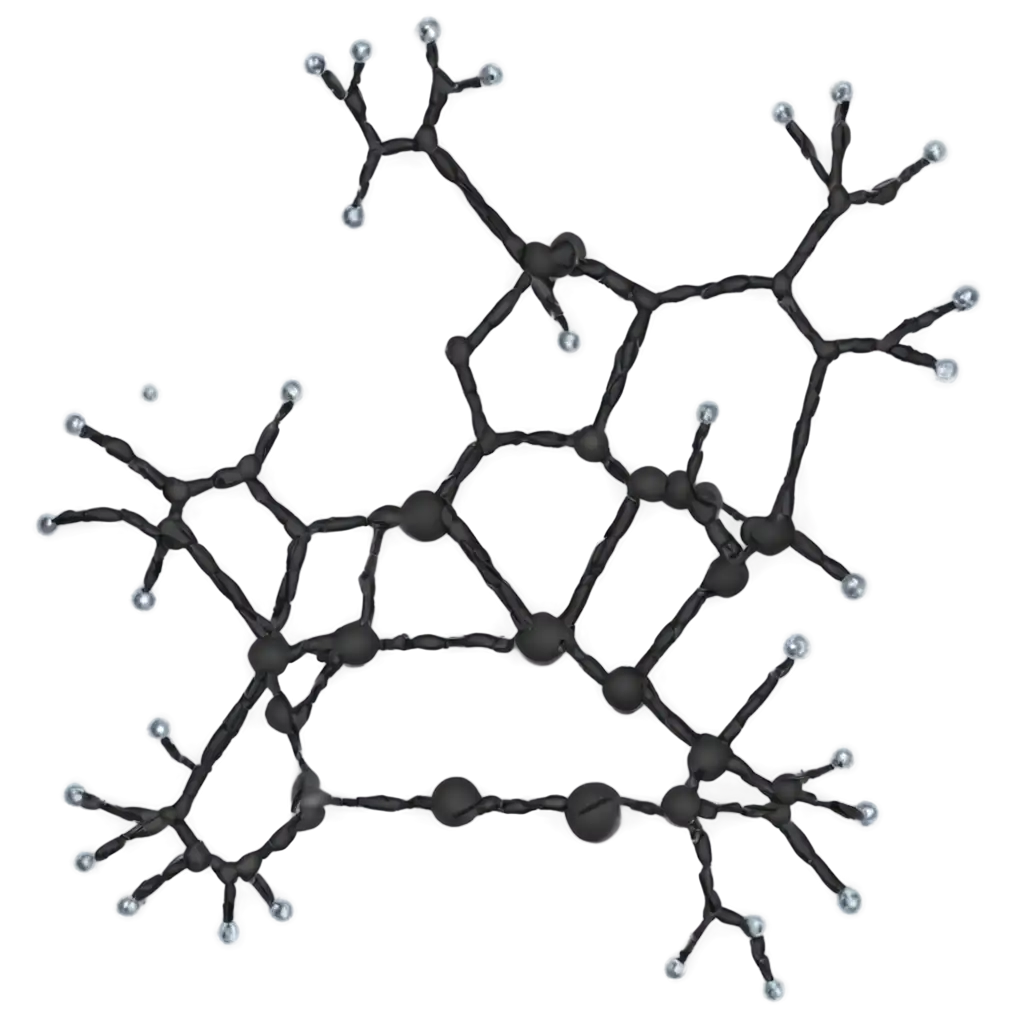
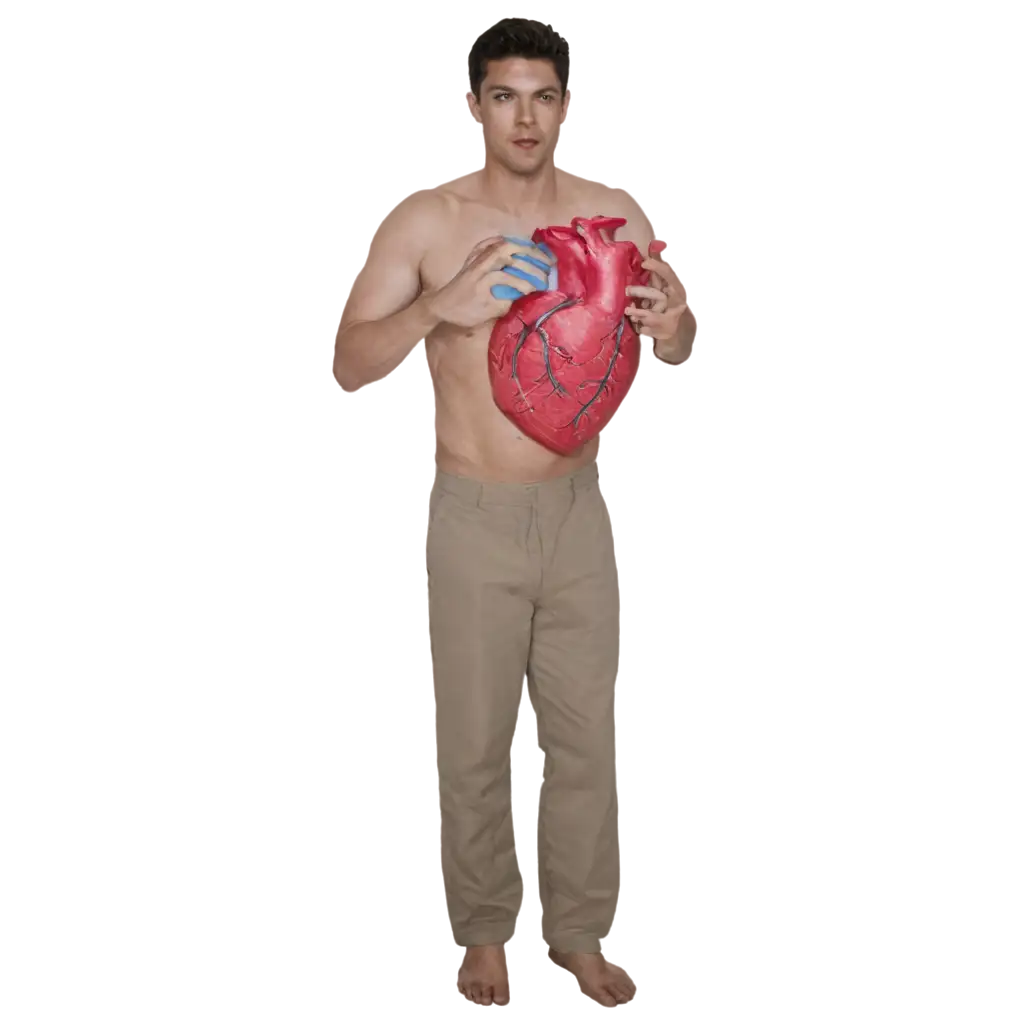

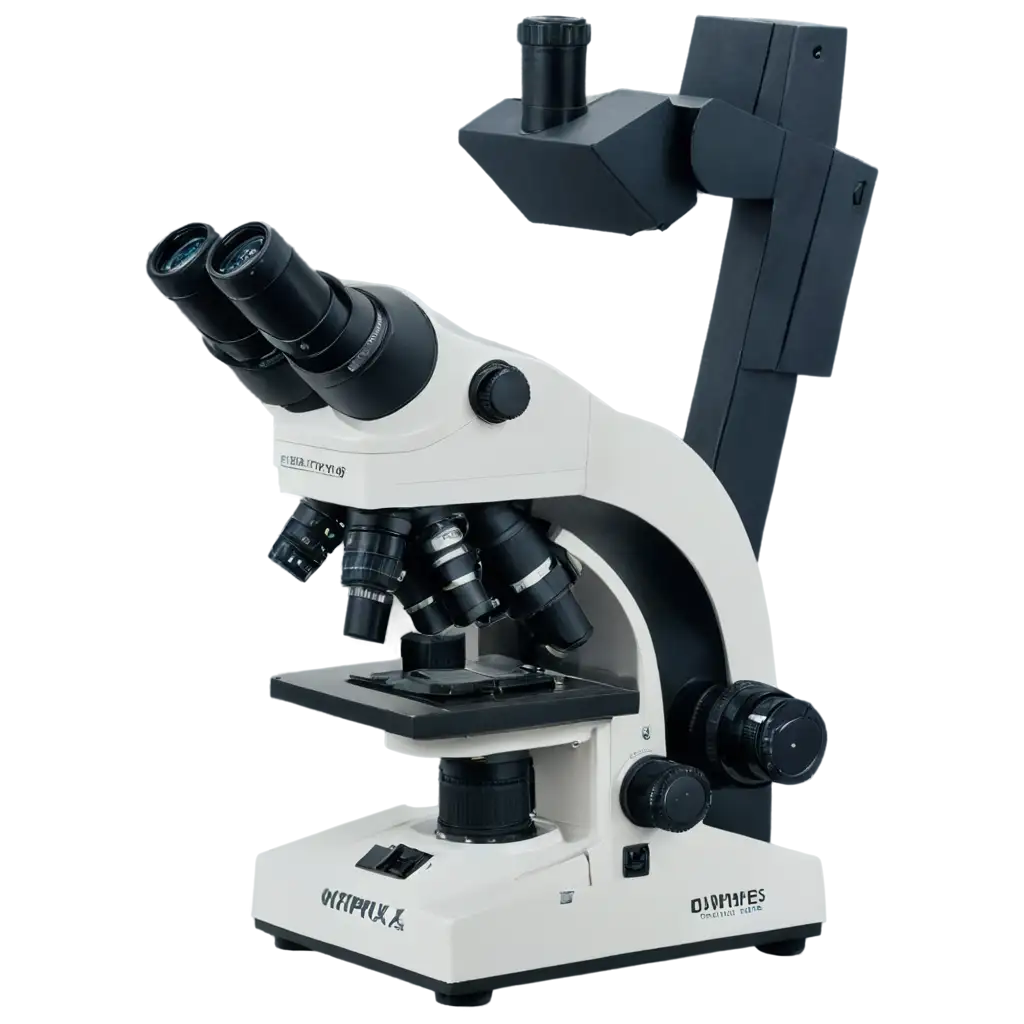
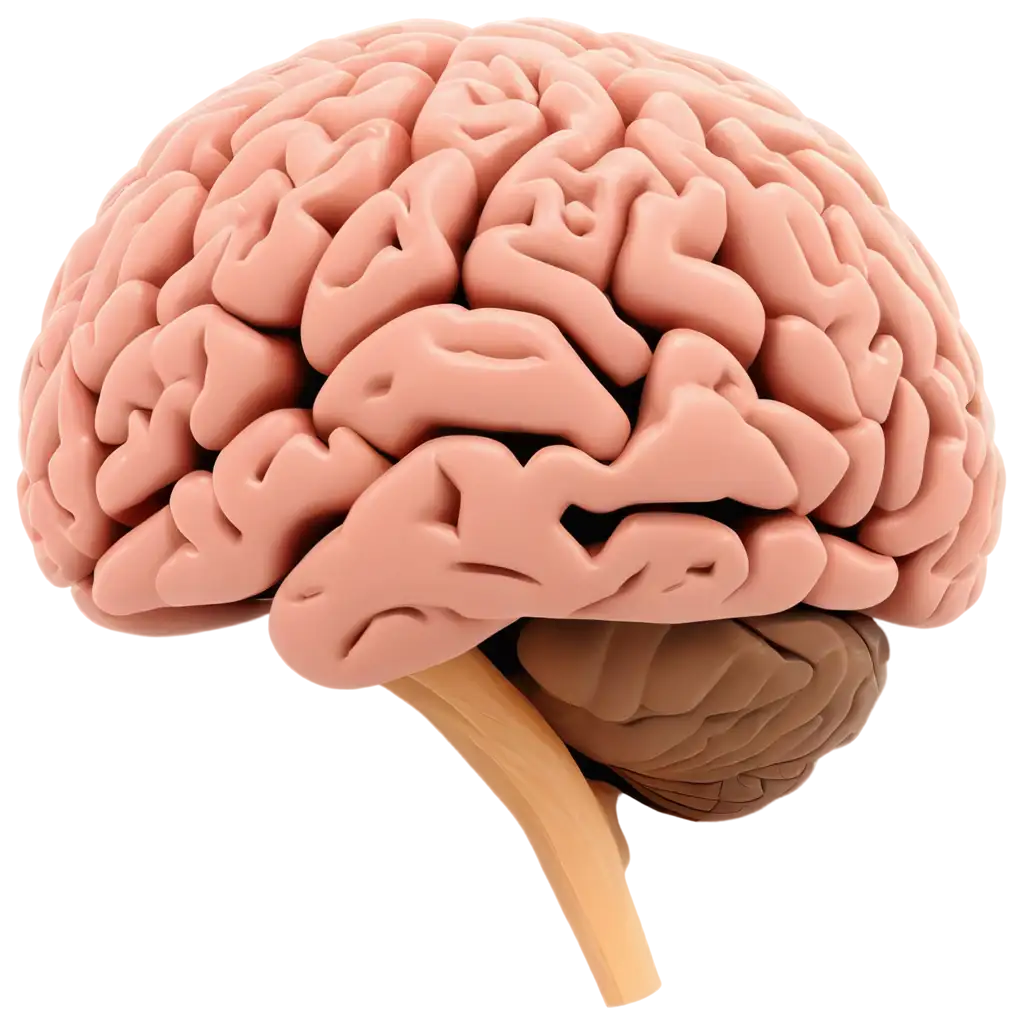
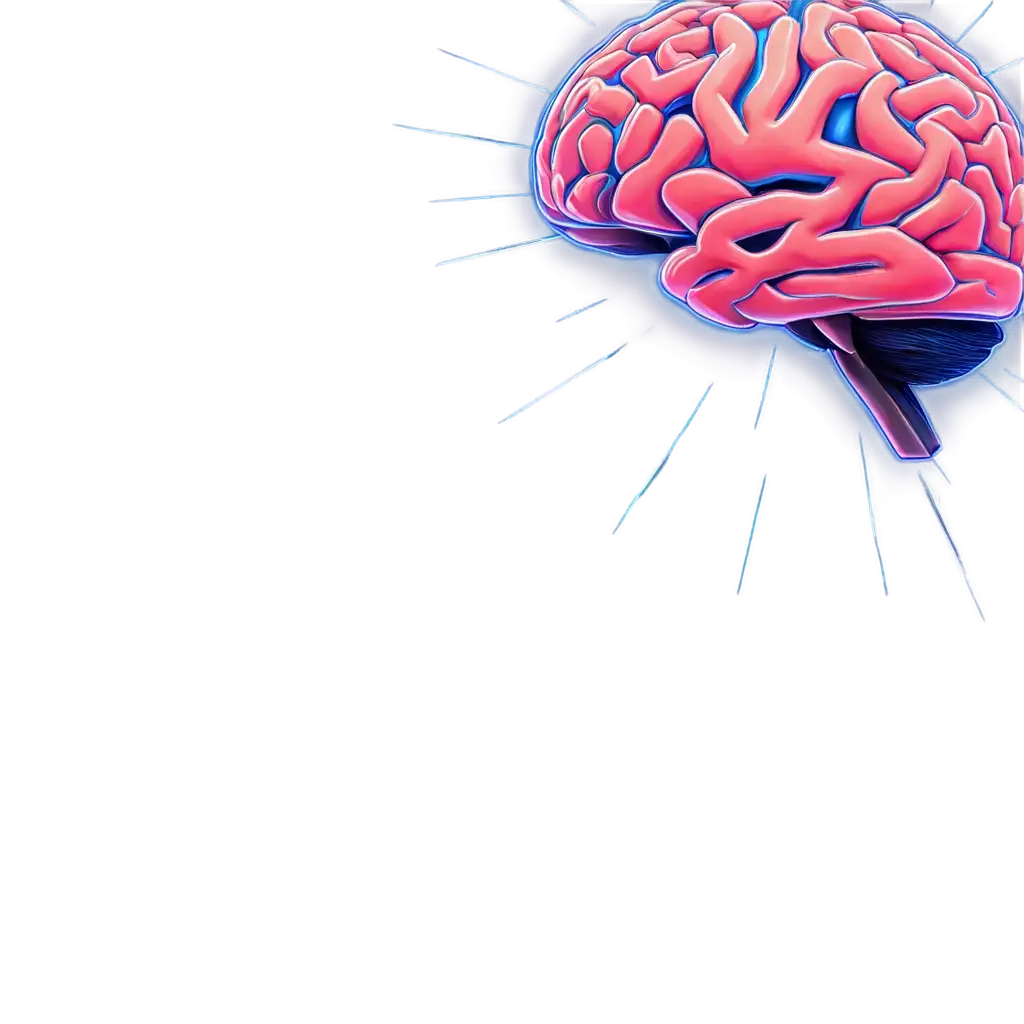
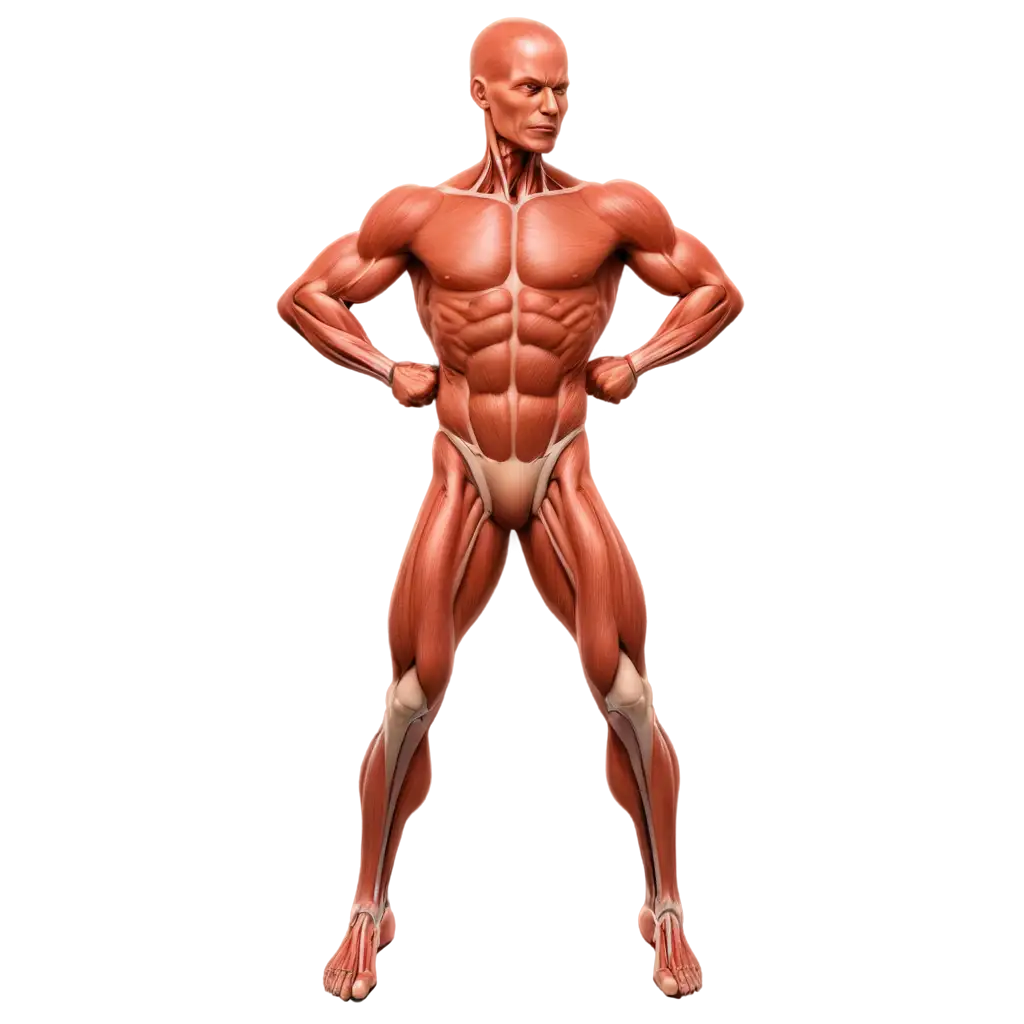
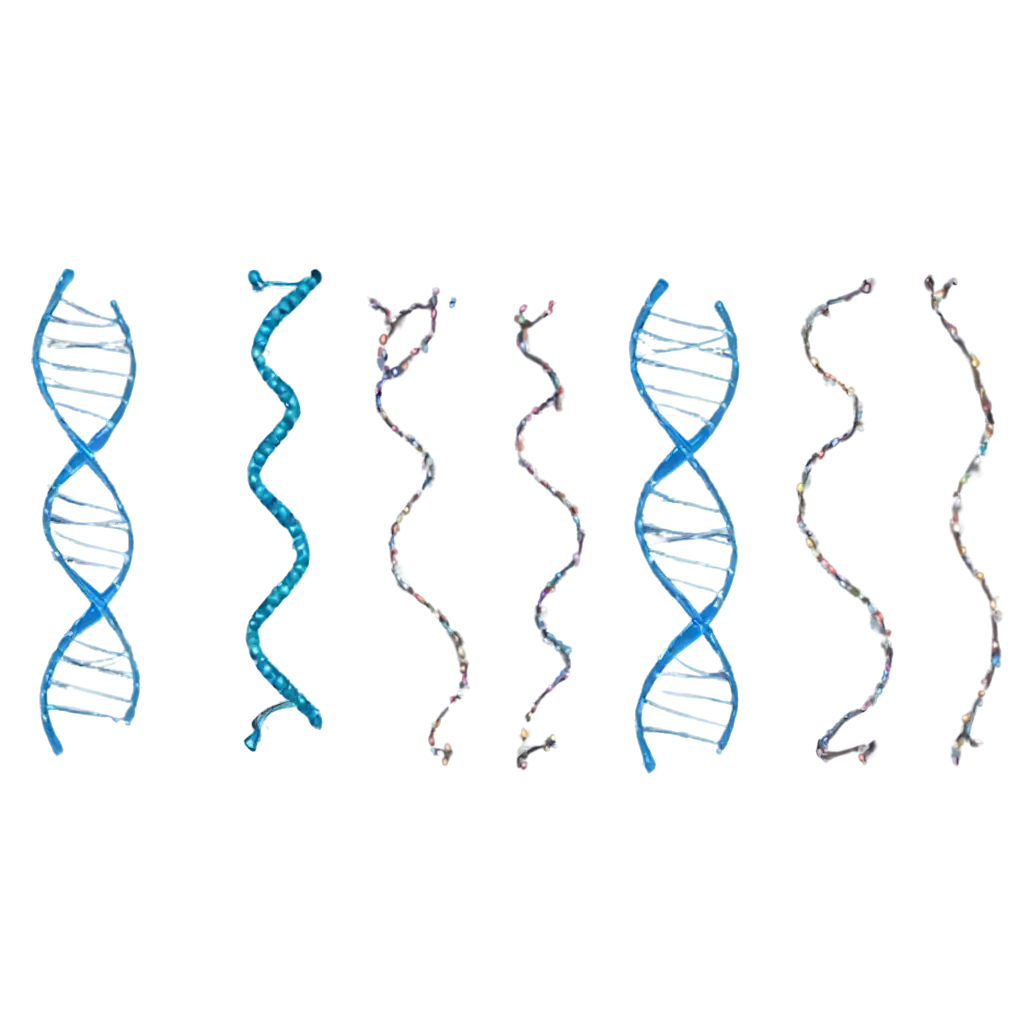
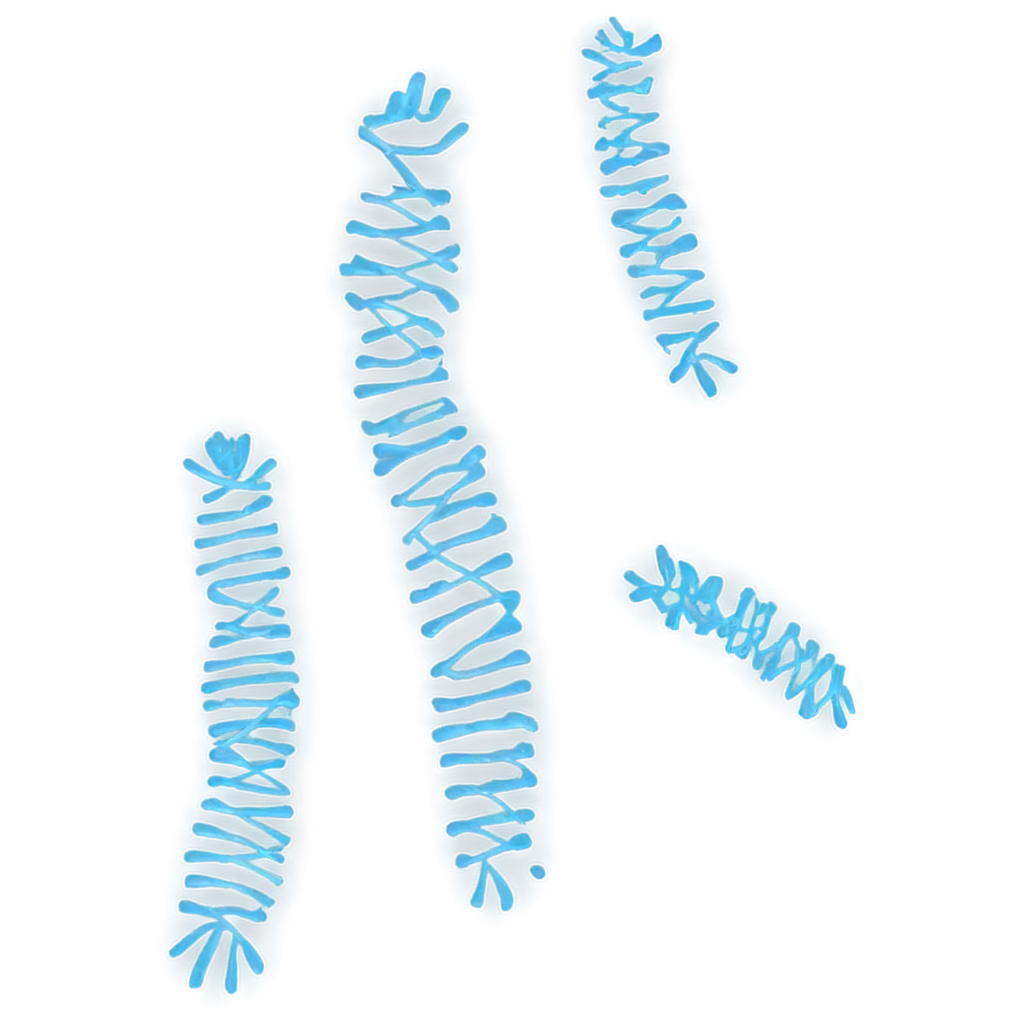
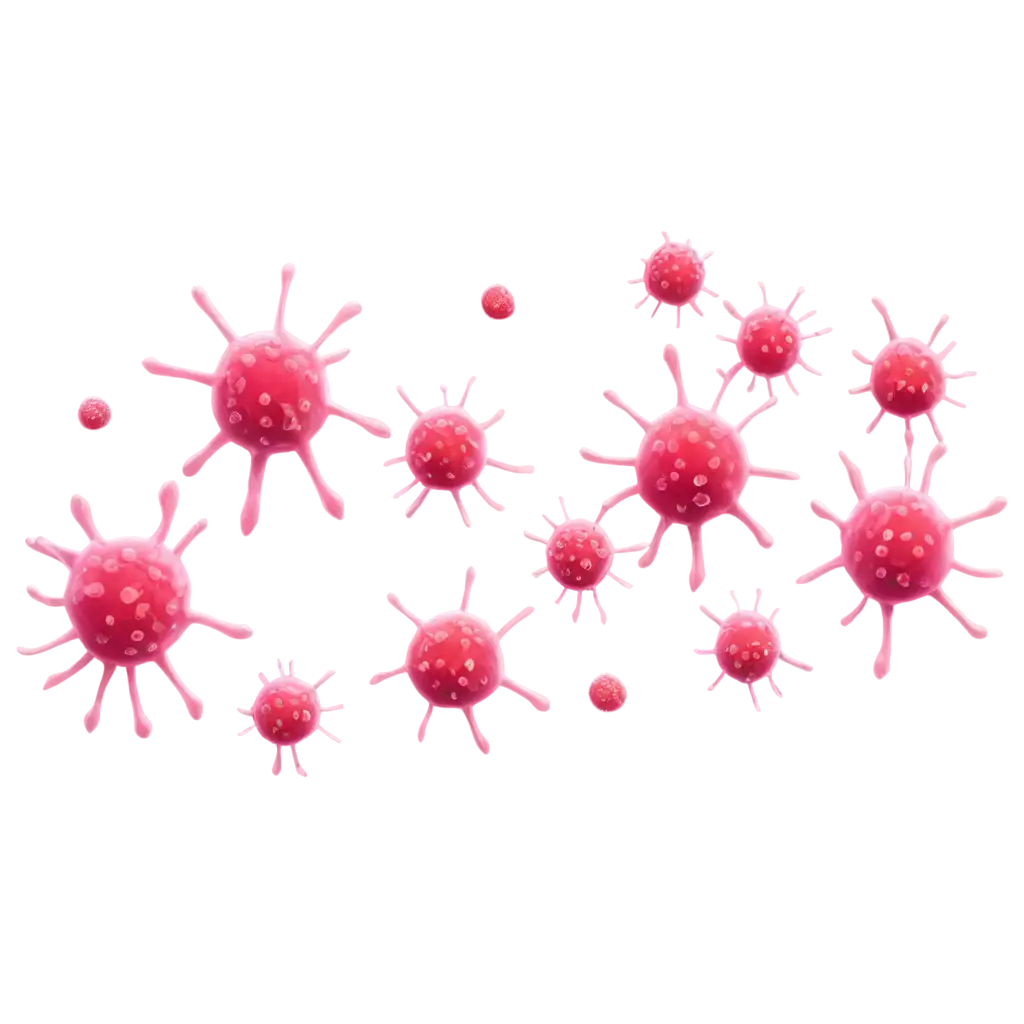
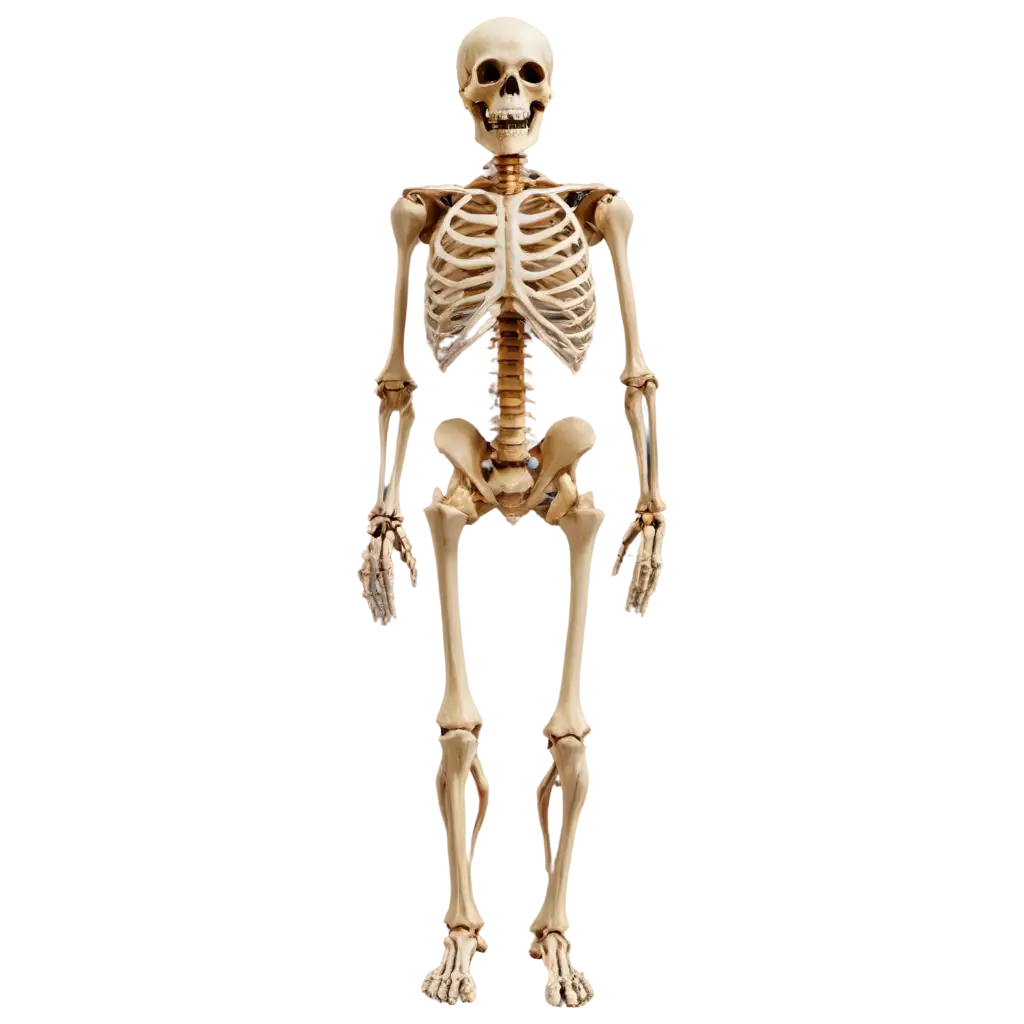
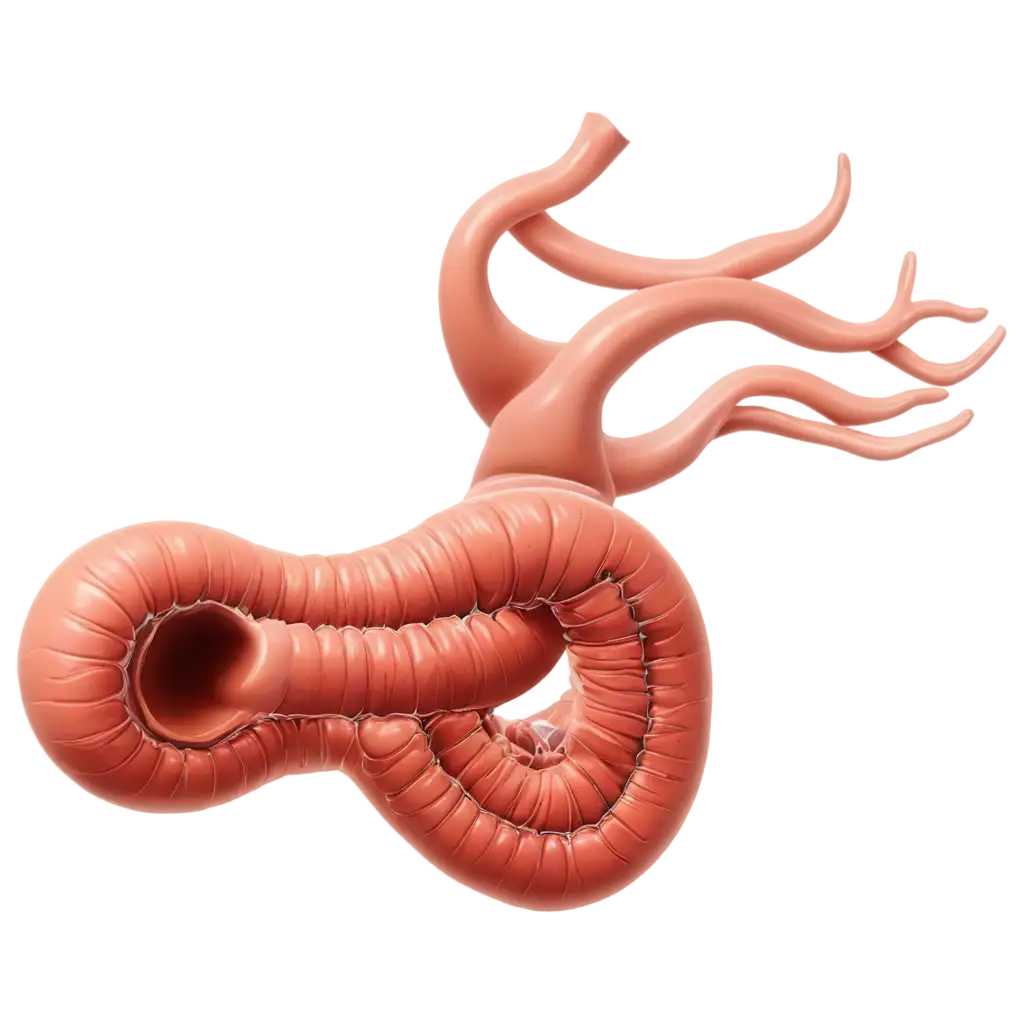
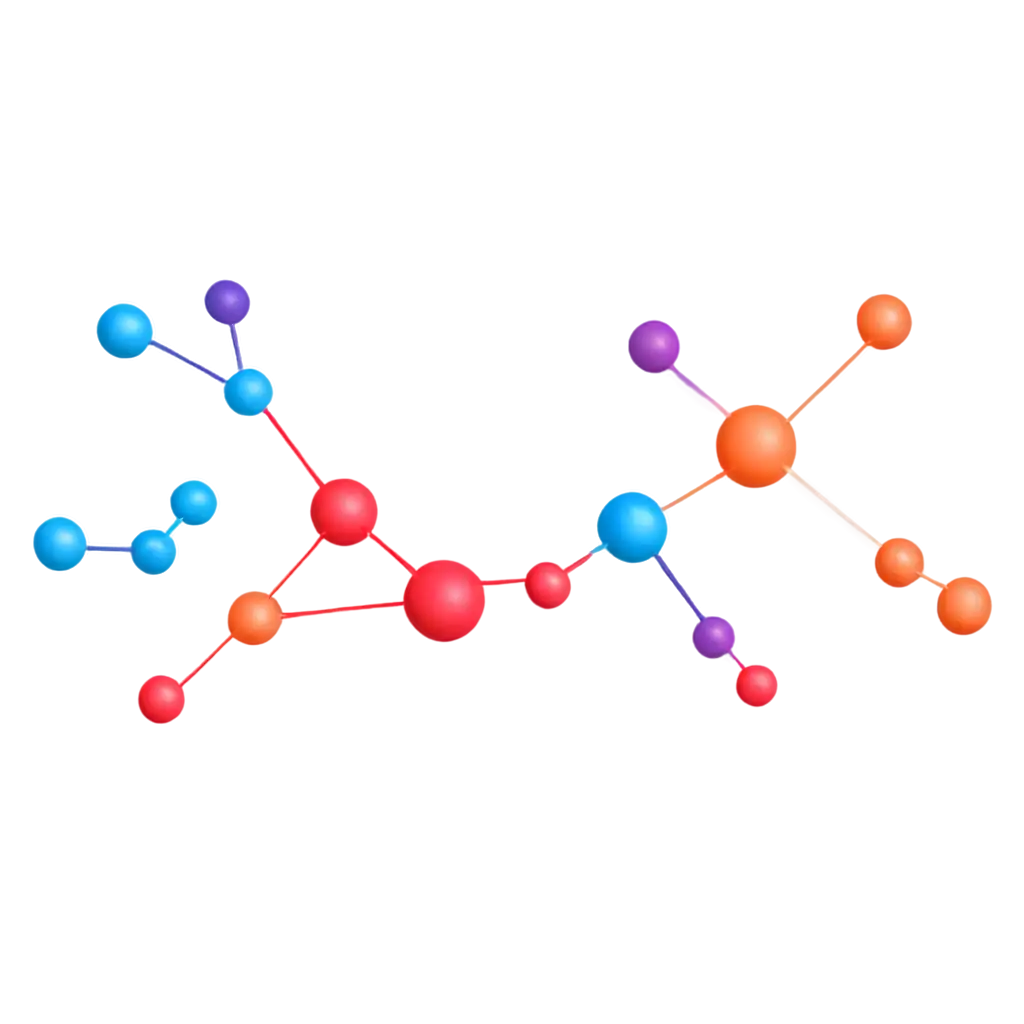
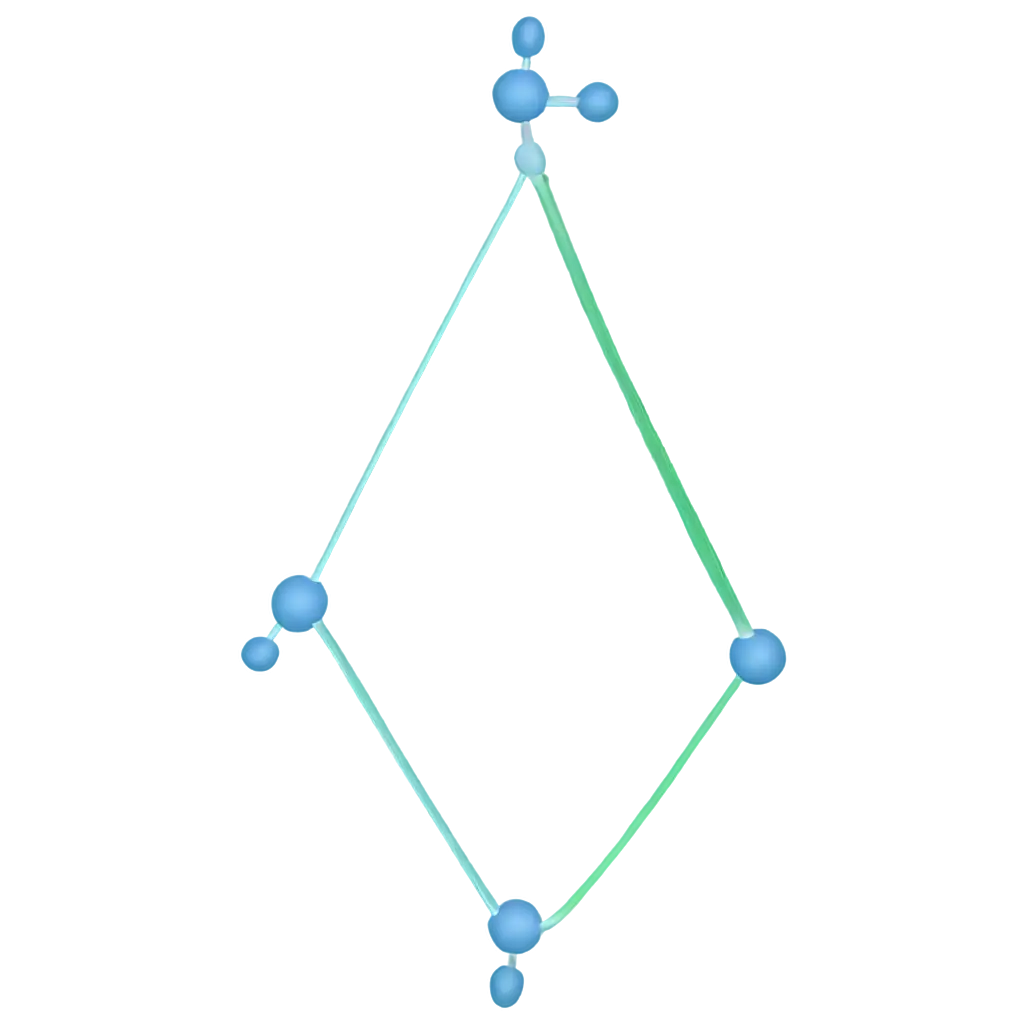
Related Tags
AI-generated medical visualizations are transforming how we understand and communicate health concepts. These images range from detailed anatomical illustrations to molecular structures and cellular processes, offering unprecedented clarity and accuracy. Modern AI algorithms can generate highly detailed cross-sections of human organs, dynamic representations of physiological processes, and interactive 3D models of medical procedures. These visualizations serve as valuable tools for medical education, patient communication, and healthcare professional training, making complex medical concepts more accessible and understandable.
AI-Generated Medical Visualization: Revolutionizing Health Education
AI-generated health science images serve multiple crucial functions across various professional contexts. In medical education, they provide detailed anatomical references and procedure demonstrations. Healthcare marketing benefits from realistic hospital environment visualizations and medical equipment renderings. Research publications utilize AI-generated molecular models and cellular diagrams to illustrate scientific findings. These images also play a vital role in patient education materials, helping to explain medical conditions, treatments, and preventive care measures through clear, accurate visual representations that can be quickly customized for specific needs.
Applications of AI Health Science Imagery in Professional Settings
The creation of AI-generated health science images requires a careful balance of technical accuracy and ethical considerations. Key aspects include maintaining anatomical precision, following medical visualization standards, and ensuring cultural sensitivity in patient representation. AI models are trained on vast databases of medical imagery, allowing them to generate accurate depictions of everything from microscopic cellular structures to full-body systems. Best practices involve collaboration between medical professionals and AI specialists to verify accuracy, implement proper medical color coding, and ensure that generated images meet professional standards while remaining accessible to various audiences.
Creating Accurate and Ethical Health Science Visualizations with AI
The future of AI-generated health science imagery points toward increasingly sophisticated and interactive visualizations. Emerging trends include real-time generation of patient-specific anatomical models, AI-assisted surgical planning visualizations, and augmented reality integration for medical training. Advanced AI algorithms are being developed to create more detailed molecular simulations, dynamic disease progression models, and personalized health education materials. These developments promise to enhance medical education, improve patient understanding, and facilitate more effective healthcare communication through customizable, accurate, and engaging visual content.
Future Trends in AI-Generated Health Science Imagery